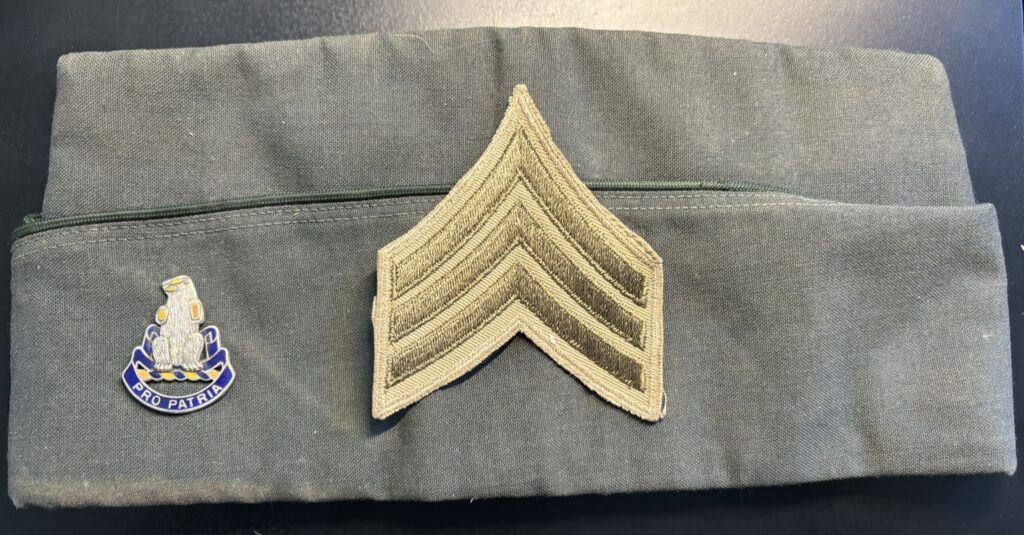Category: U.S. Army
An Abandoned Harley in Reno
South Korea DMZ
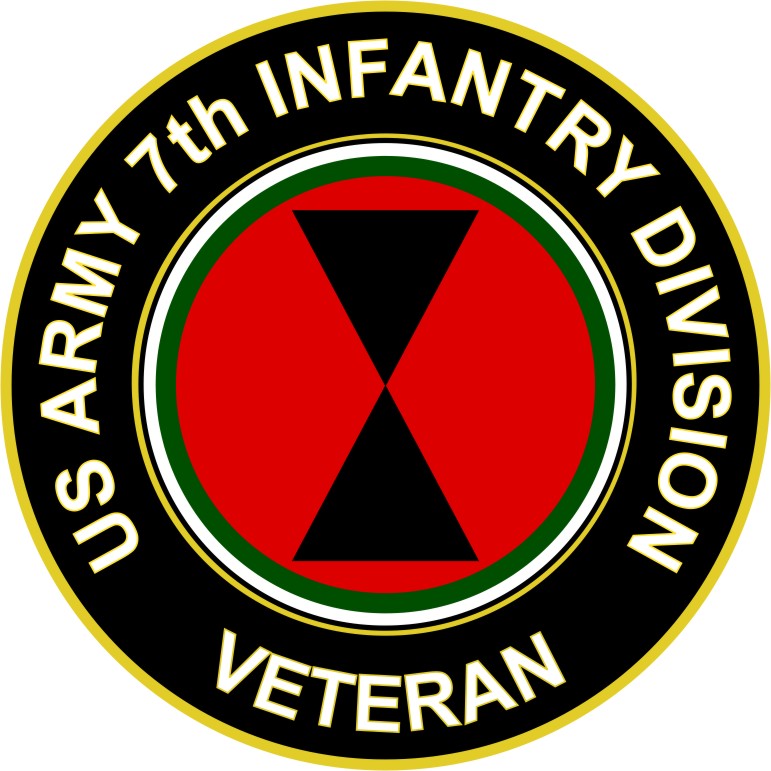
While at the NCO Academy at Fort Benning, I received orders to deploy to Vietnam—to my knowledge, the entire class received orders to Vietnam. The Tet Offensive had escalated the war, and the Army was pouring men and resources into the country. At the same time, North Korea, thinking America was distracted by the war, sent soldiers across the DMZ in an effort to attack the Blue House in Seoul. My orders suddenly changed.
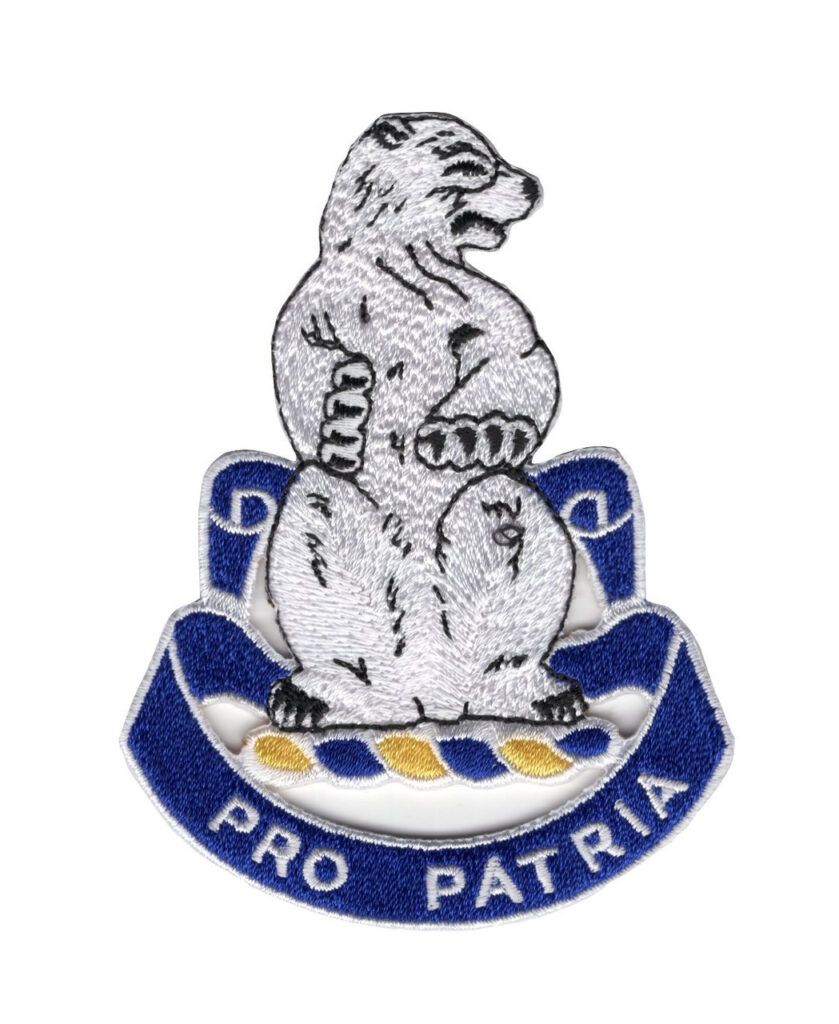
Upon arrival in South Korea, I was stationed with an infantry company at Camp Casey, an Army base about 13 miles south of the DMZ. My unit was the 7th Infantry Division, 1st Battalion, 31st Infantry Regiment. I was part of a large and rather sudden influx of personnel into South Korea, a country on full alert following the incursion by the North Koreans and the deaths of several South Korean and American soldiers.
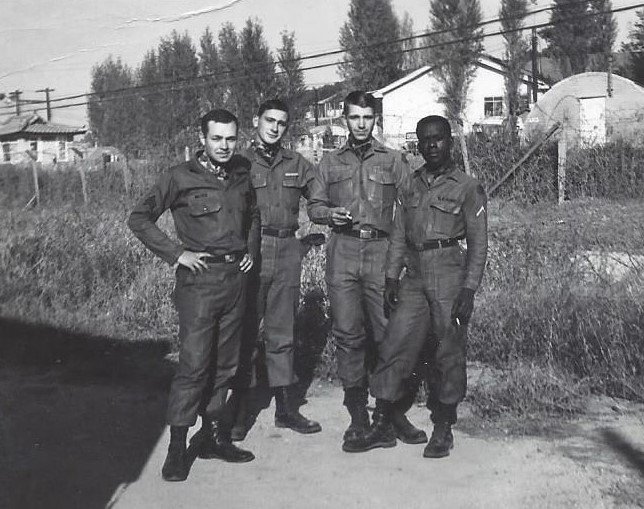
“Land of the Morning Calm” was still very much a country showing the brutal impact of the Korean War. The land was mostly barren, and there was a constant odor in the air, which I will always associate with poverty. I wish I could recall the names of three soldiers to my left.
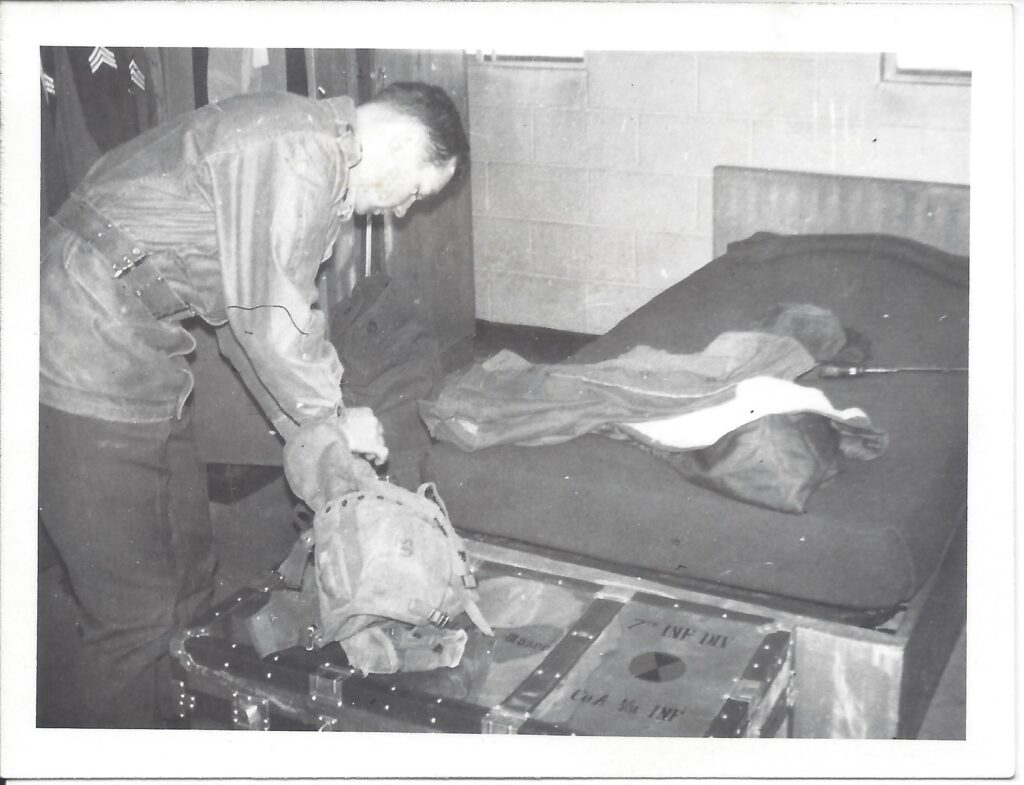
As a buck sergeant (E-5), I was the team leader of an infantry foot patrol squad. We were stationed at Camp Casey, where we trained and prepared to rotate to the DMZ with other units. In this 1969 photo, I was getting ready for either a training exercise or deployment to the DMZ. The winter of ’69 was the coldest I have ever experienced.
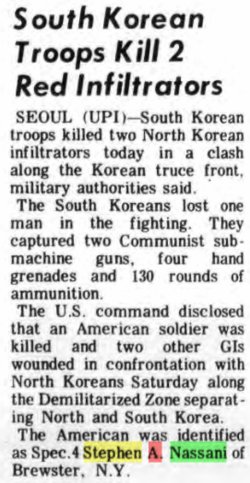
The DMZ was more than standing guard and conducting patrols. Stephen A. Nassani was in my company and part of our team that entered the DMZ for nightly patrols. On October 6, 1968, he was killed by North Korean army infiltrators in a firefight. That night I was along the fence doing guard duty and did not know about the firefight until the next morning when one of our officers walked along the fence to tell each soldier in our company. When we returned to base I was asked to help collect all his personal effects to be sent to his family.
I wrote home to tell my parents about the conflict and death of a member of my squad, only to learn by return letter that no mention of the DMZ firefight was mentioned on national news. The war in Vietnam dominated the news in those days.
NCO Academy
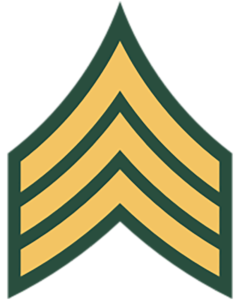
After Advanced Infantry Training (AIT), I was selected to attend the NCO Academy, a several-month training program in Fort Benning, Georgia. The idea was to train men to become leaders in infantry units. Upon graduation, we would be promoted to the rank of Sergeant E-5 and shipped to Vietnam. The training was done by black beret-wearing airborne Rangers stationed at Fort Benning. The training was focused on combat leadership and survival skills. Then my orders changed.
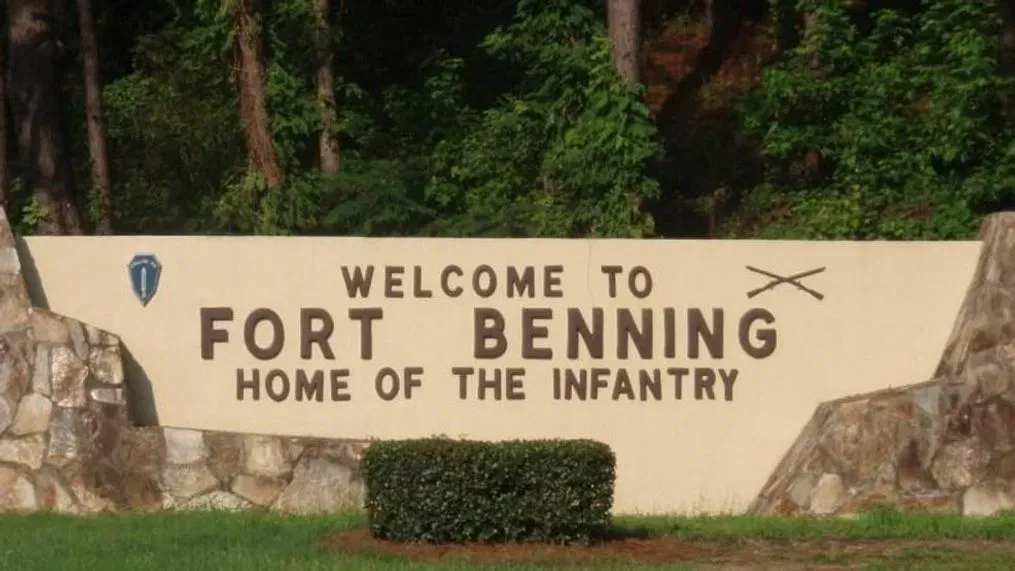
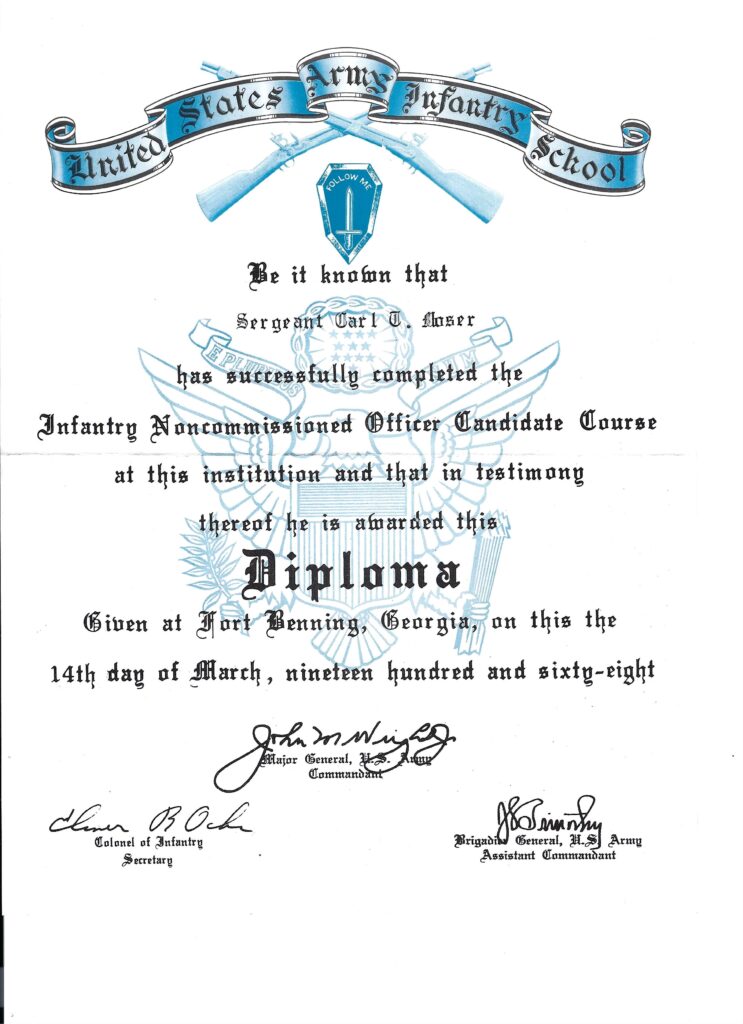
After graduating from the NCO Academy at Fort Benning, Georgia, I was assigned as an assistant drill sergeant at a Basic Training unit at Fort Lewis, WA, for one 8-week session. The Drill Instructor was Staff Sergeant Mayor, a Vietnam veteran. I was stationed at Fort Lewis, in April and May 1968 and then shipped to South Korea. I recall that one of the recruits was from Wapato High School, and his older brother was in my class. I do not recall his name.
U.S. Army
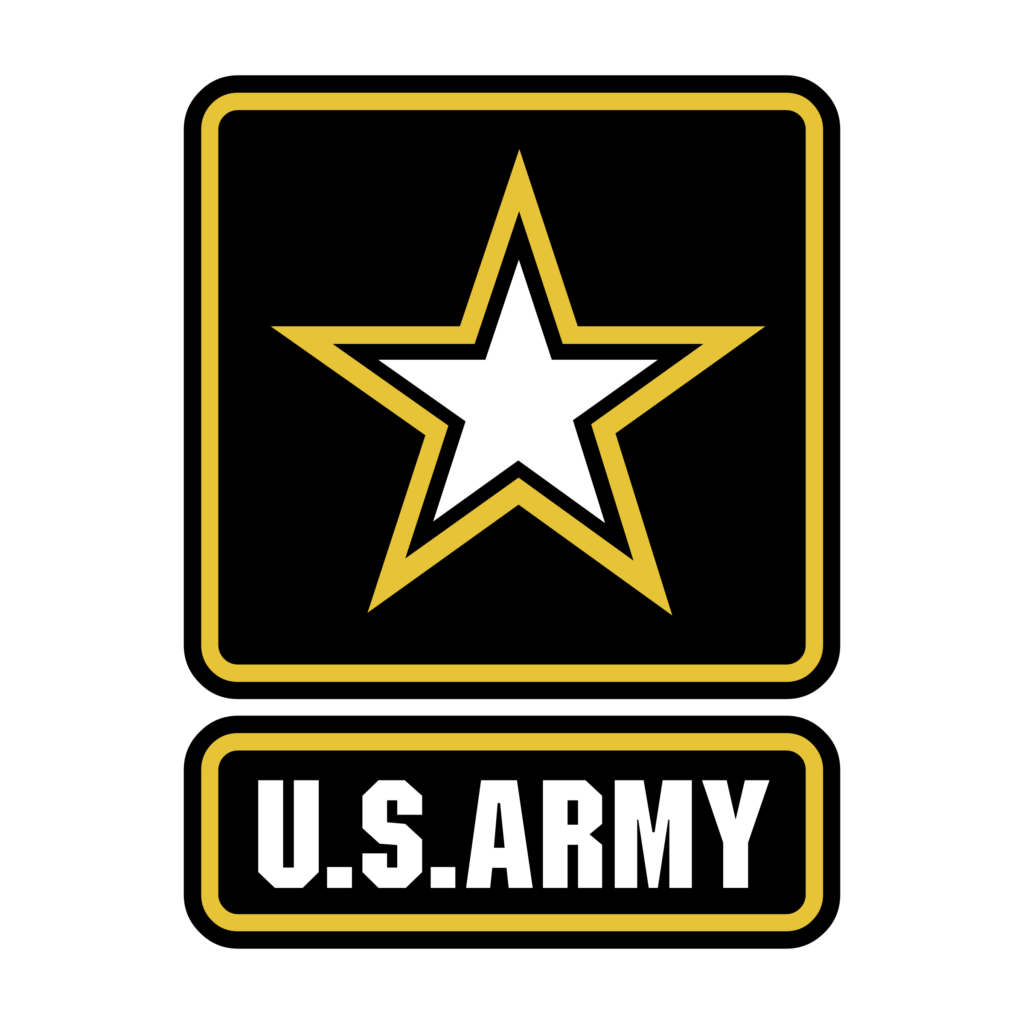
In 1967 I was living at home, 19 years old, not minding my own business, going to YVC, when out of the blue, I got drafted into the U.S. Army. I had flunked out of YVC which ended my draft deferment. I had been going to college during the day and working nights at a can manufacturing company. In retrospect it was the best thing that could happen to me, but my timing was not optimal. The Vietnam War was driving the draft machine, and young men were being ground up. I was shipped to Fout Lewis for basic training, followed by Advance Infantry Training at Fort Polk in Louisiana. Then I got orders.
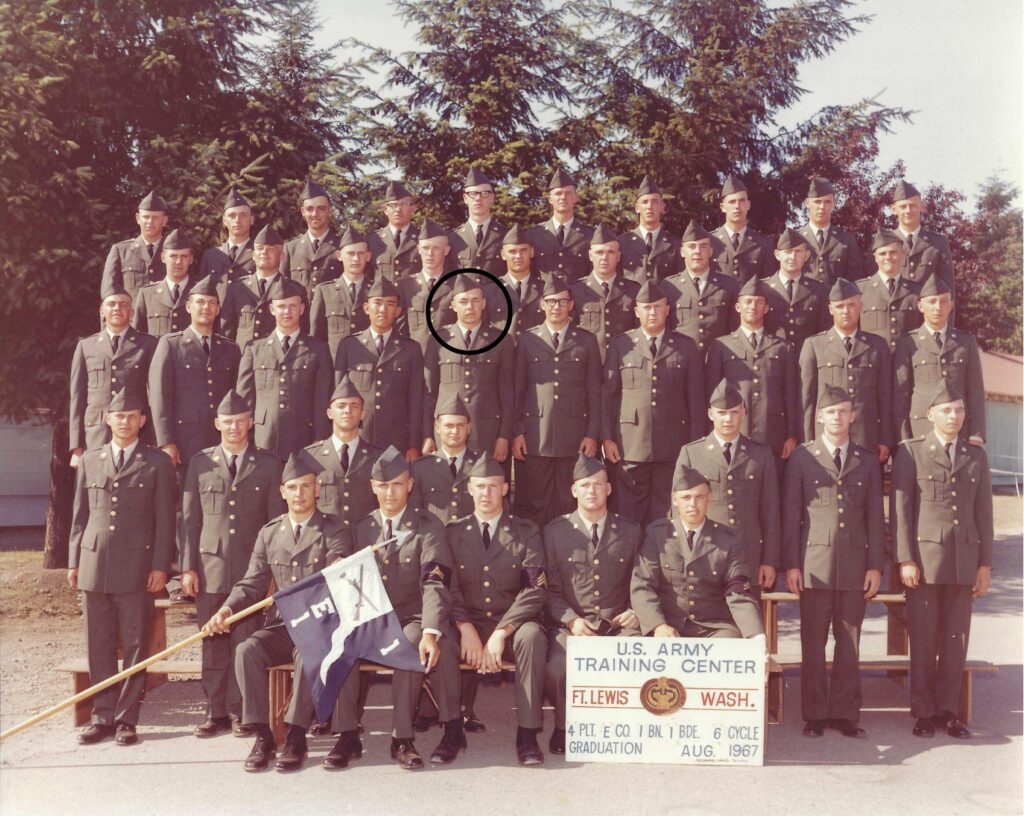

Company A, 1st Battalion, 31st Infantry Regiment, 7th Infantry Division, 8th Army, Camp Casey, South Korea. Pro Patria
